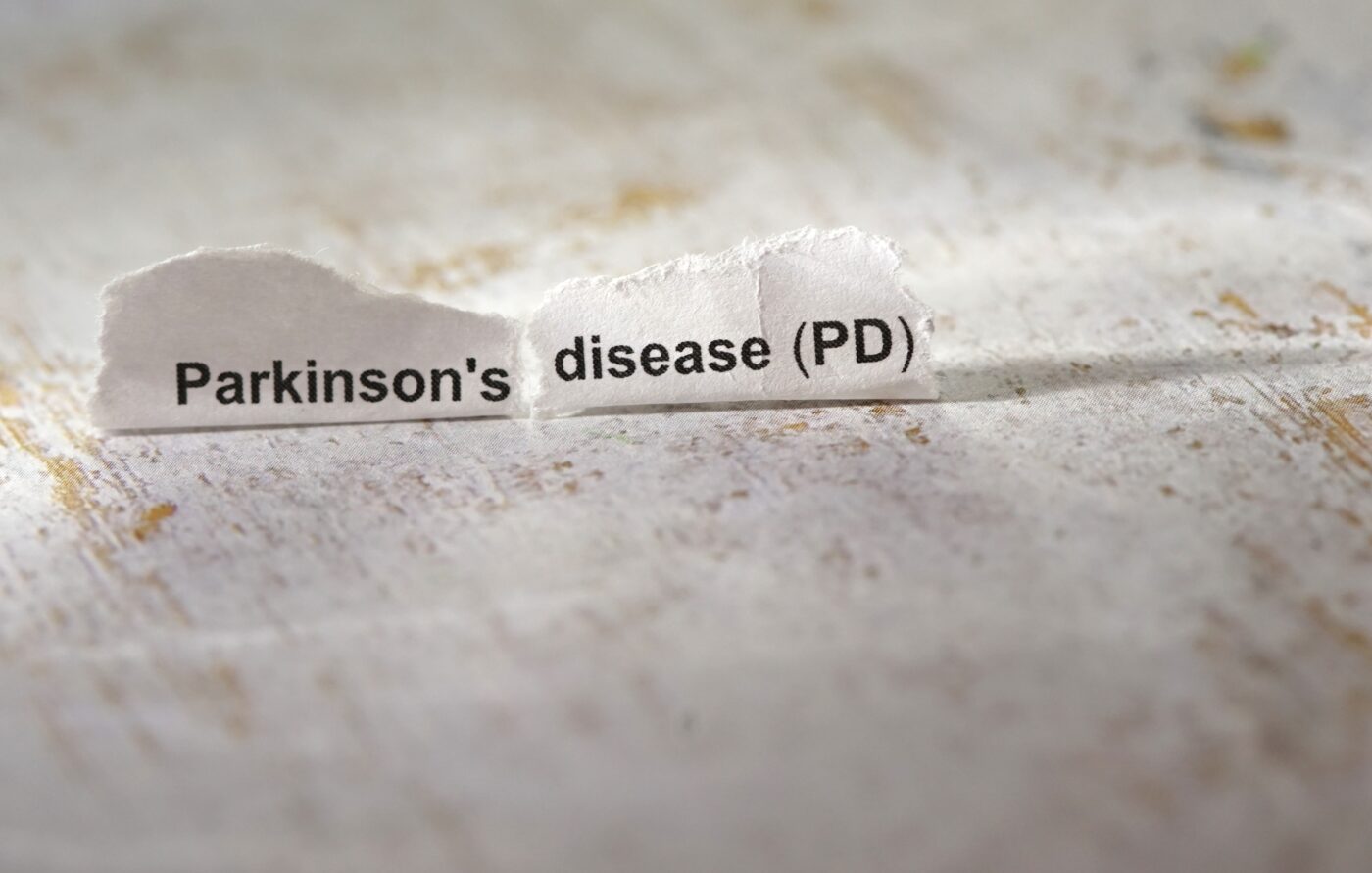Parkinson’s disease is a chronic neurological condition which is progressive, meaning the symptoms worsen over time.
Approximately 145,000 in the UK have a diagnosis of Parkinson’s disease, which equates to 1 in 350 adults. It is slightly more common amongst men and is more common in older adults, however, it can also affect younger adults.
What Causes Parkinson’s Disease
Much research is underway in the field of Parkinson’s disease to determine why people develop this condition, as well as new treatments to help treat its symptoms. It is thought that Parkinson’s is caused by a combination of genetic and environmental factors.
Essentially, people with Parkinson’s disease don’t have enough dopamine, a chemical which functions as a neurotransmitter which enables certain nerve cells to send essential signals to other nerve cells. Individuals presenting with Parkinson’s Disease experience a loss of control of voluntary movements, which results from a loss of the nerve cells in the brain which make dopamine.
Getting a diagnosis of Parkinson’s disease can be quite a complex process, as symptoms vary from person to person and many illnesses can imitate the symptoms of Parkinson’s disease.
Early signs of Parkinson’s disease
Motor symptoms such as muscle rigidity, tremors, involuntary shaking and slowness of movement are all early signs of the disease and symptoms often start on one side of the body.
Other key signs of Parkinson’s include:
• Problems with balance
• A change in facial expressions which may include prolonged staring, lack of blinking
• Discomfort, numbness, tingling or pain in the limbs and neck
• Frozen or painful shoulder
• Limping or dragging the leg when walking or a shuffling gait
• Not swinging one arm when walking
• A softening of the voice, slurred speech and problems swallowing
• Decreased sense of smell
• Poor posture which may include stooping
• Small handwriting
Mental health and Parkinson’s disease
Depression, anxiety, hallucinations and memory problems are some of the mental health conditions that can be experienced by those with Parkinson’s disease. They also have an increased risk of developing Parkinson’s disease dementia which accounts for approximately 2% of dementia cases in the UK.
It is imperative that individuals who have mental health concerns seek medical advice to help manage and treat their symptoms.
Early diagnosis is essential
As with all neurological conditions, an early diagnosis is essential to enable the very best treatment and to help manage the symptoms, especially as they progress.
Speech therapy, exercise, physiotherapy and occupational therapy are some of the therapy options that can help individuals manage symptoms of Parkinson’s disease.
The future of Parkinson’s disease research
New generation medications, designed to better treat the symptoms of Parkinson’s, are currently in final phase international clinical trials. To find out more about Parkinson’s and how to gain access to new treatments through clinical trials, currently taking place worldwide including at Re:Cognition Health UK centres, please contact us.
 Visit our USA website
Visit our USA website





